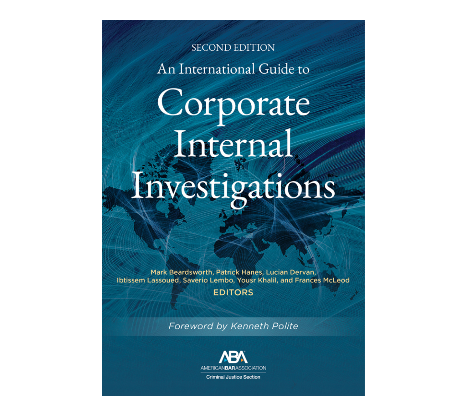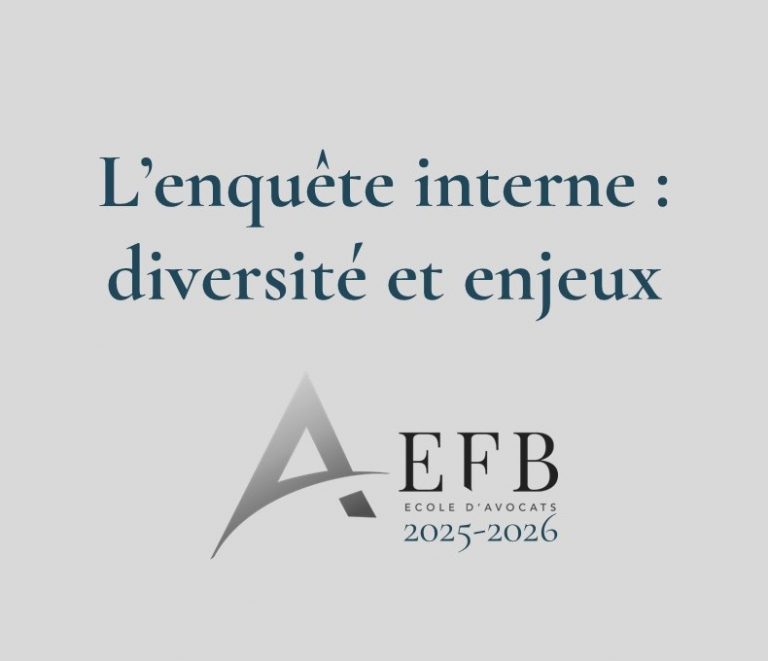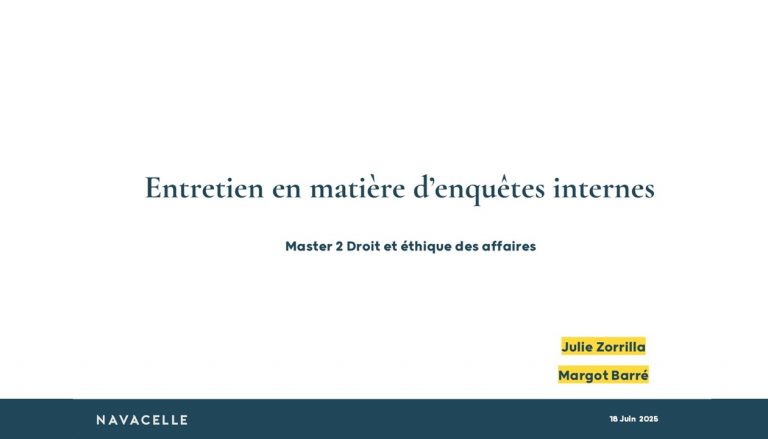The International Bar Association (IBA) has released a statement in defence of lawyer-client confidentiality, following a number of recent attacks on the principle from high-profile international organisations. The statement, with forewords by the Rt Hon Lord David Neuberger, Former President of the Supreme Court of the United Kingdom, and Judge Lars Bay Larsen, of the Court of Justice of the European Union, was compiled by a specially assembled IBA presidential taskforce that seeks to:
- stress the importance of lawyer-client confidentiality in relation to the administration of justice, the independence of the legal profession, and the rule of law;
- underscore the views of practising lawyers, leading judges, bar associations and law societies around the world regarding the fundamental necessity of lawyer-client confidentiality in a fair and democratic society;
- highlight the vital role that the retention and protection of lawyer-client confidentiality plays in practice in the public’s perception of the legal profession and their own justice system; and
- emphasise the risks of disproportionate international reaction to perceived abuse of lawyer-client confidentiality in the facilitation of financial crime.
International organisations, including the UN High Level Panel on International Financial Accountability, Transparency and Integrity for Achieving the 2030 Agenda (UN FACTI Panel) and the OECD Committee on Fiscal Affairs, have recently sought to undermine the principles of lawyer-client confidentiality and the independent regulation of the legal profession, arguing that these core values stand in the way of their efforts to stamp out financial crime.
In Ending the Shell Game: Cracking Down On the Professionals Who Enable Tax and White Collar Crimes (2021), the OECD Committee on Fiscal Affairs claim that ‘white collar crimes like tax evasion, bribery, and corruption are often concealed through complex legal structures and financial transactions.’ These crimes, they insist, are ‘facilitated by lawyers, accountants, financial institutions and other “professional enablers” of such crimes.’
The UN FACTI Panel have gone one step further, insisting that ‘lawyers and law firms often abuse their legal professional privilege […] to assist criminals in money-laundering and other criminal conduct’. The Panel added that ‘self-regulation’ of the legal profession ‘has proved to be insufficient and unreliable’ and called for governments to take ‘responsibility for setting the standards for appropriate conduct’.
The IBA Statement in Defence of the Principle of Lawyer-Client Confidentiality covers, in seven sections:
- What is meant by lawyer-client confidentiality;
- Why lawyer-client confidentiality exists;
- How lawyer-client confidentiality works, including:
- when, and under what circumstances, lawyers have an obligation to maintain lawyer-client confidentiality; and
- under what circumstances lawyers do not have an obligation to maintain lawyer-client confidentiality;
- The differences between common law and civil law jurisdictions with respect to their approach to lawyer-client confidentiality;
- The exceptions in law and/or applicable rules of professional conduct;
- How to strike a balance; and
- The way forward.
The IBA is committed to protecting the principle of lawyer-client confidentiality, as demonstrated by the International Bar Association International Code of Ethics (1956), the IBA General Principles for the Legal Profession (2006) and the IBA International Principles on Conduct for the Legal Profession (2011). The IBA now plans to use the statement as a starting point to trigger a dialogue between the international legal profession and those entities that have called for damaging reforms to its core values and regulation.








